Business
9 Fast-Food Chains That May Get More Expensive Because of Tariffs
By Jake Beardslee · April 8, 2025
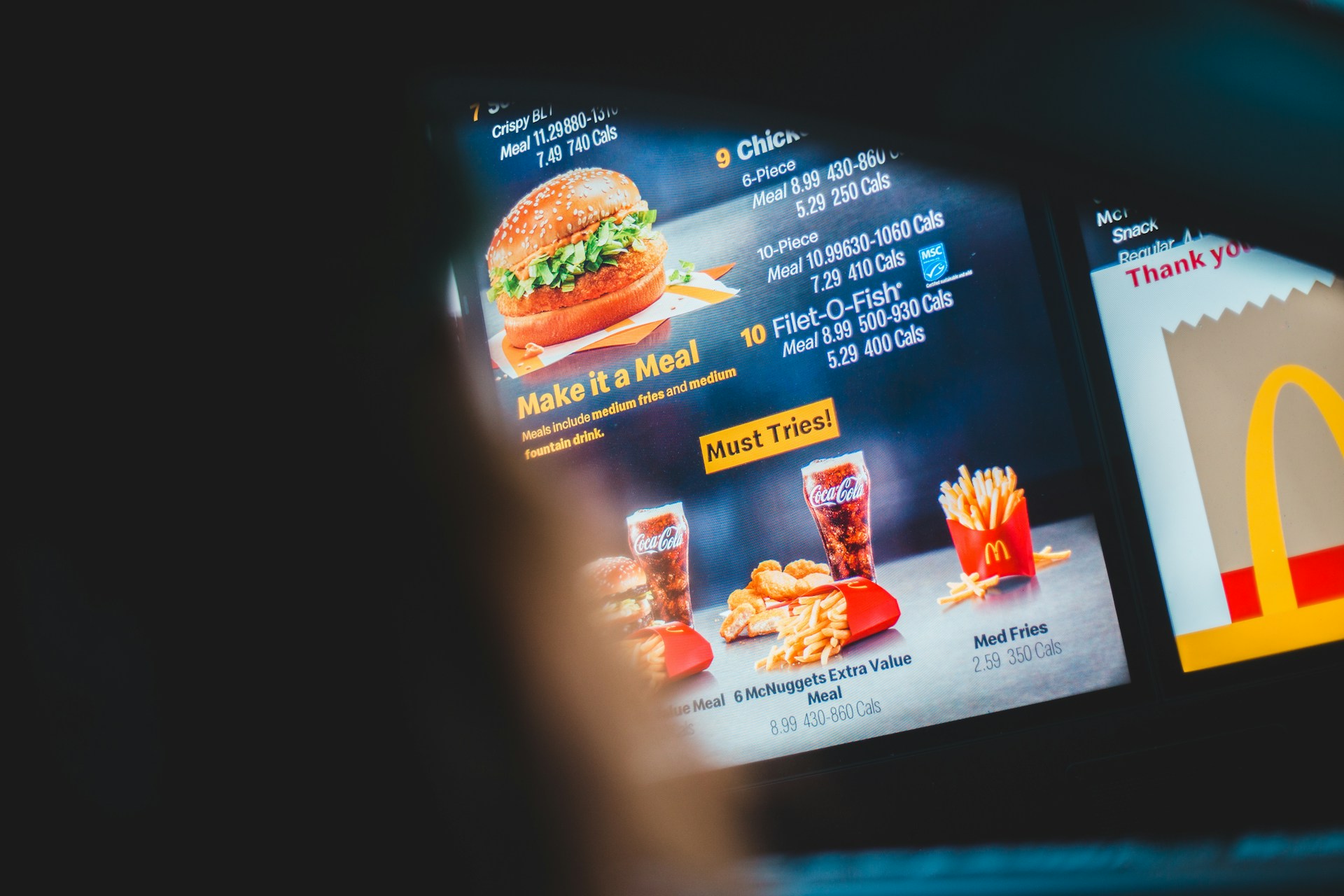
9 Fast-Food Chains That May Get More Expensive Because of Tariffs
The fast-food industry may be the next to feel the heat from President Trump’s recently enacted “Liberation Day” tariffs, which took effect on April 2. With import taxes now hitting several key trading partners, U.S. restaurants that rely on foreign-sourced ingredients are bracing for rising costs—and that likely means higher menu prices for customers.As costs climb, customers could soon face pricier burgers, fries, and more.
Here are nine fast-food chains expected to feel the squeeze: Erik Mclean / Unsplash
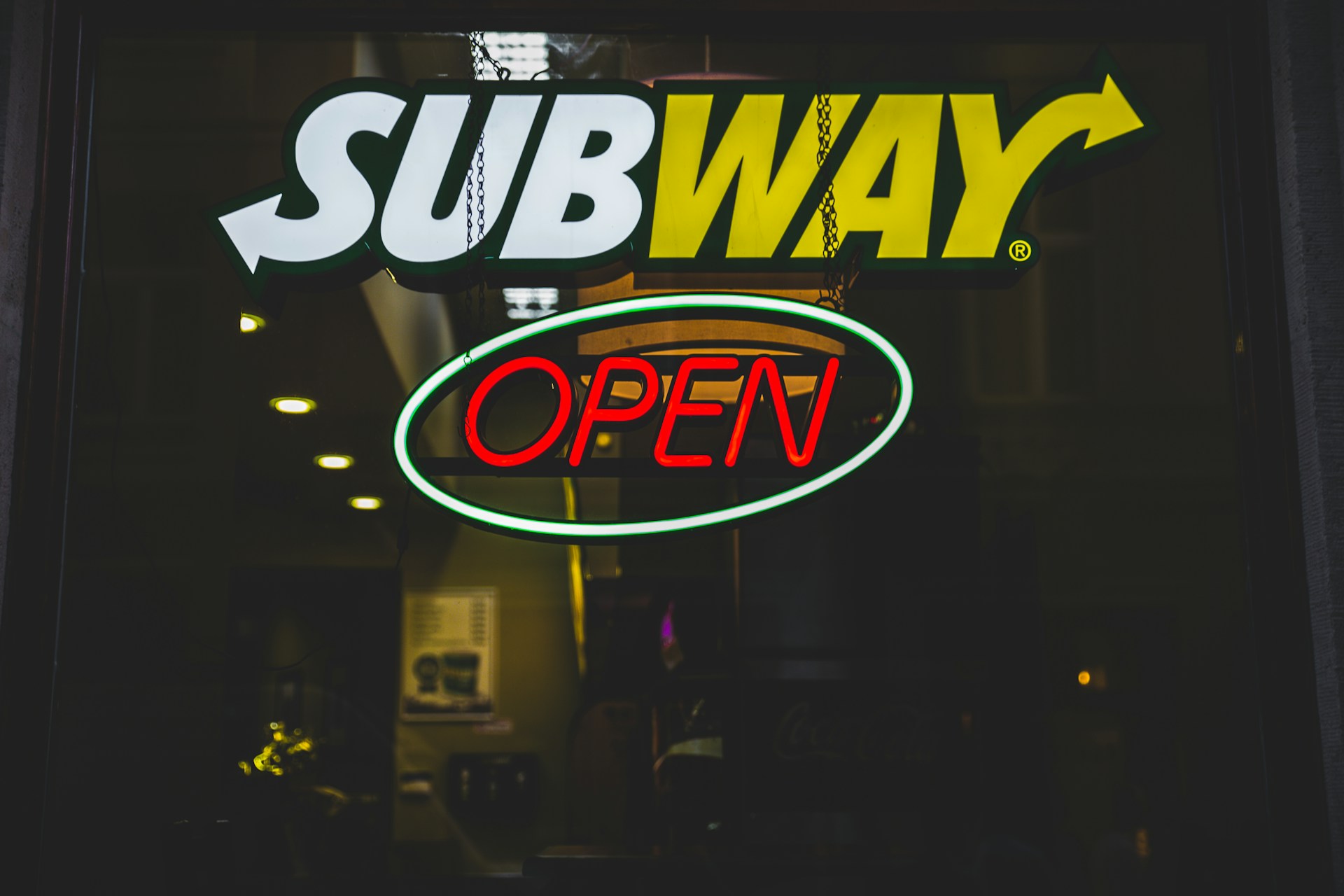
1. Subway
Subway’s fresh produce, including bell peppers, comes from multiple countries now impacted by tariffs: Canada (25%), Mexico (25%), and Guatemala (10%). These import hikes could affect sandwich prices across the board. Szymon / Unsplash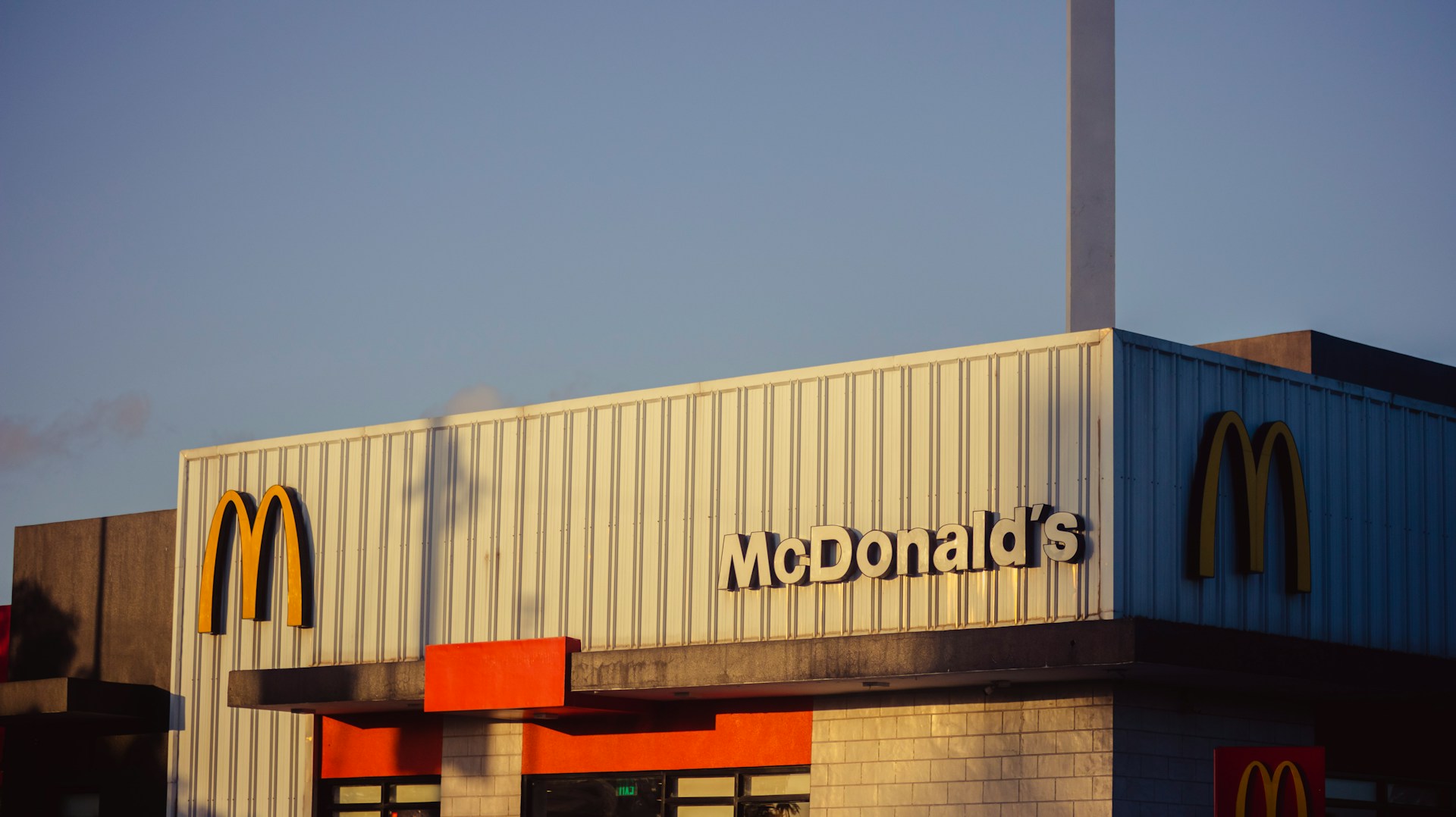
2. McDonald’s
The global giant sources some of its beef from Australia, now facing a 10% tariff. McDonald’s emphasizes its sustainable sourcing policies, stating: “To support forest-positive beef sourcing, we have a Deforestation-Free Beef Procurement Policy (DFBPP), which includes detailed requirements for beef sourced from Brazil, Paraguay, Argentina and Australia.” Road Ahead / Unsplash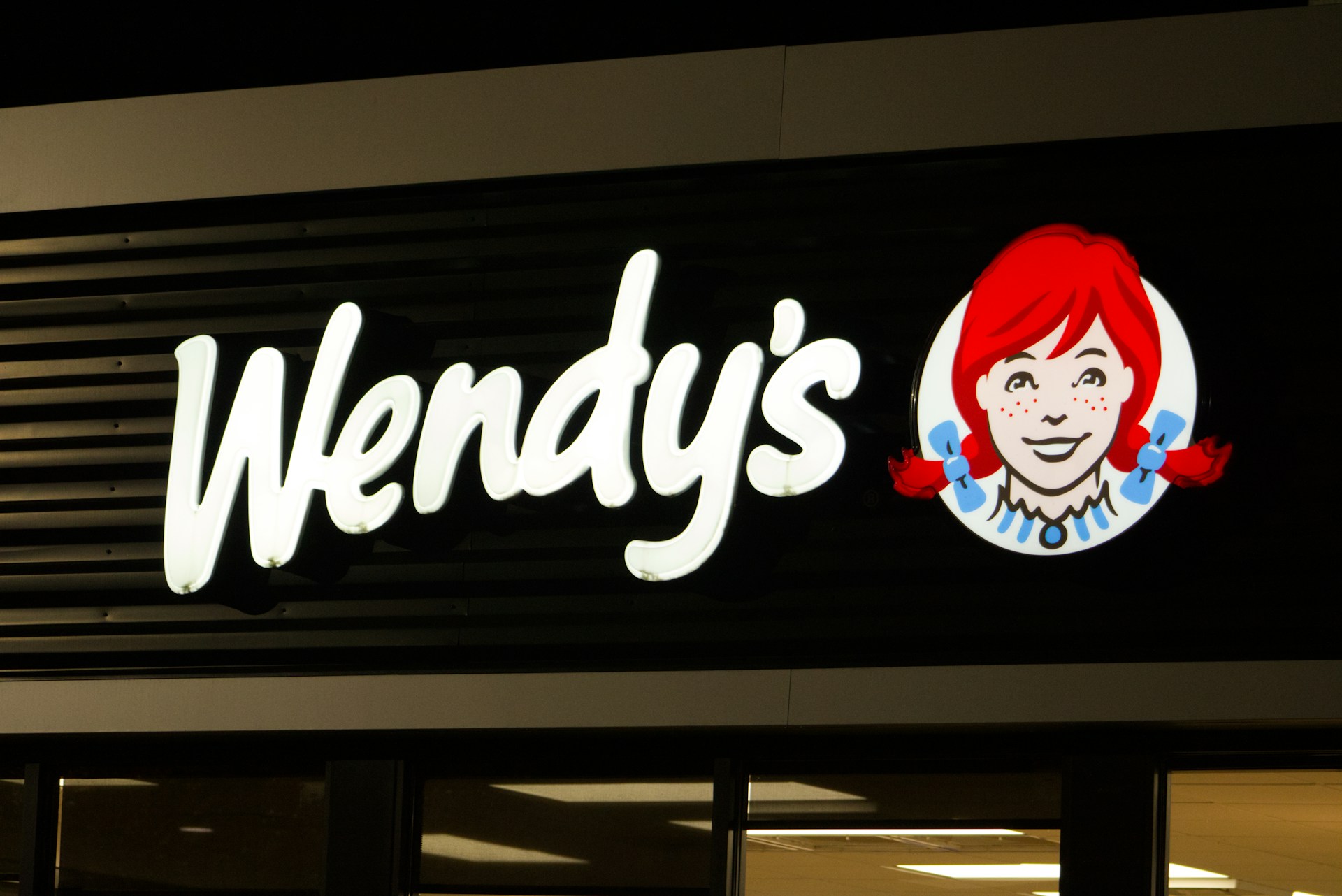
3. Wendy's
While Wendy’s primarily sources its beef domestically, it does use palm oil in some products—an ingredient largely imported from Indonesia, now slapped with a 32% tariff. The company notes: “Globally, Wendy’s is not a large user of palm oil, but we recognize the importance of the issue and are committed to using responsible and sustainable sources for the palm oil we do use.” Jacob McGowin / Unsplash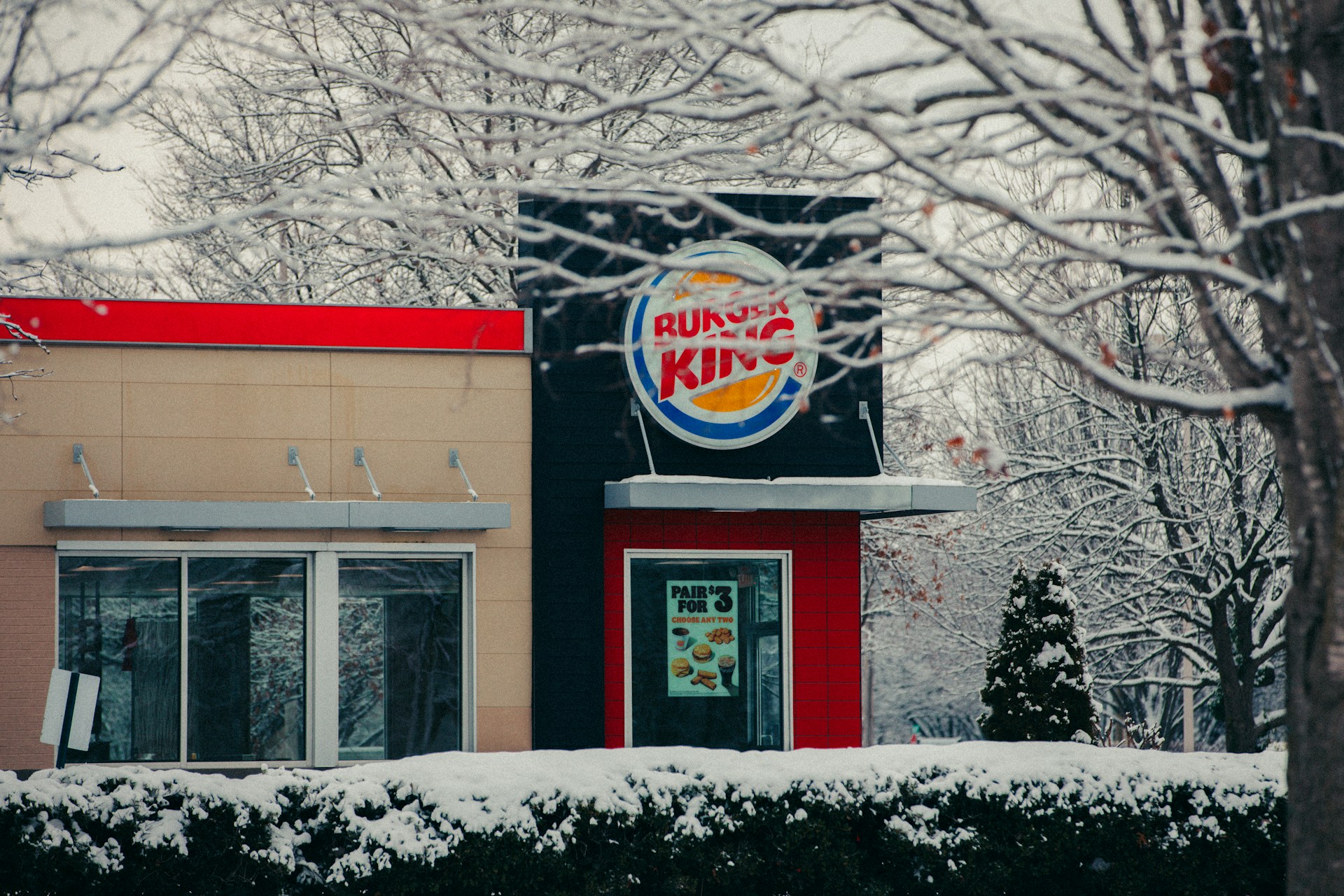
4. Burger King
Another major buyer of Australian beef, Burger King may face similar challenges to McDonald’s due to the 10% tariff. Sky News Australia reports that the U.S. imported nearly 400,000 tonnes of Australian beef in 2024. Disruptions to this supply chain could be significant. New Zealand, another key exporter, may also be affected. Jacob Townsend / Unsplash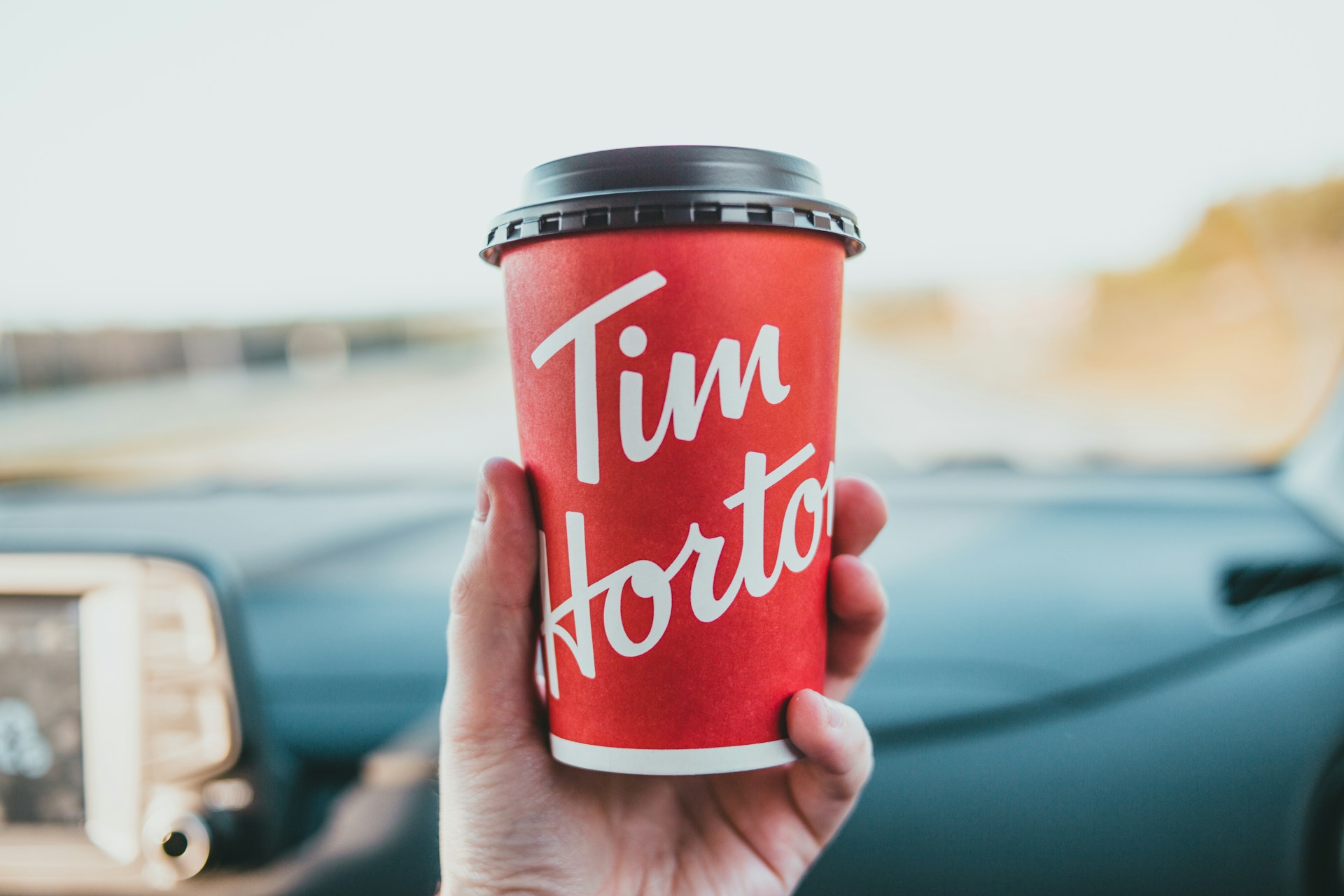
5. Tim Hortons
The Canadian coffee-and-doughnut chain sources coffee from places like Colombia and Guatemala, the latter now under a 10% tariff. Tim Hortons pays homage to its suppliers: “The process of cultivating coffee in the rugged terrain of our producing countries is often an artisanal process. This is truly a labour of love and coffee grown with care.” Erik Mclean / Unsplash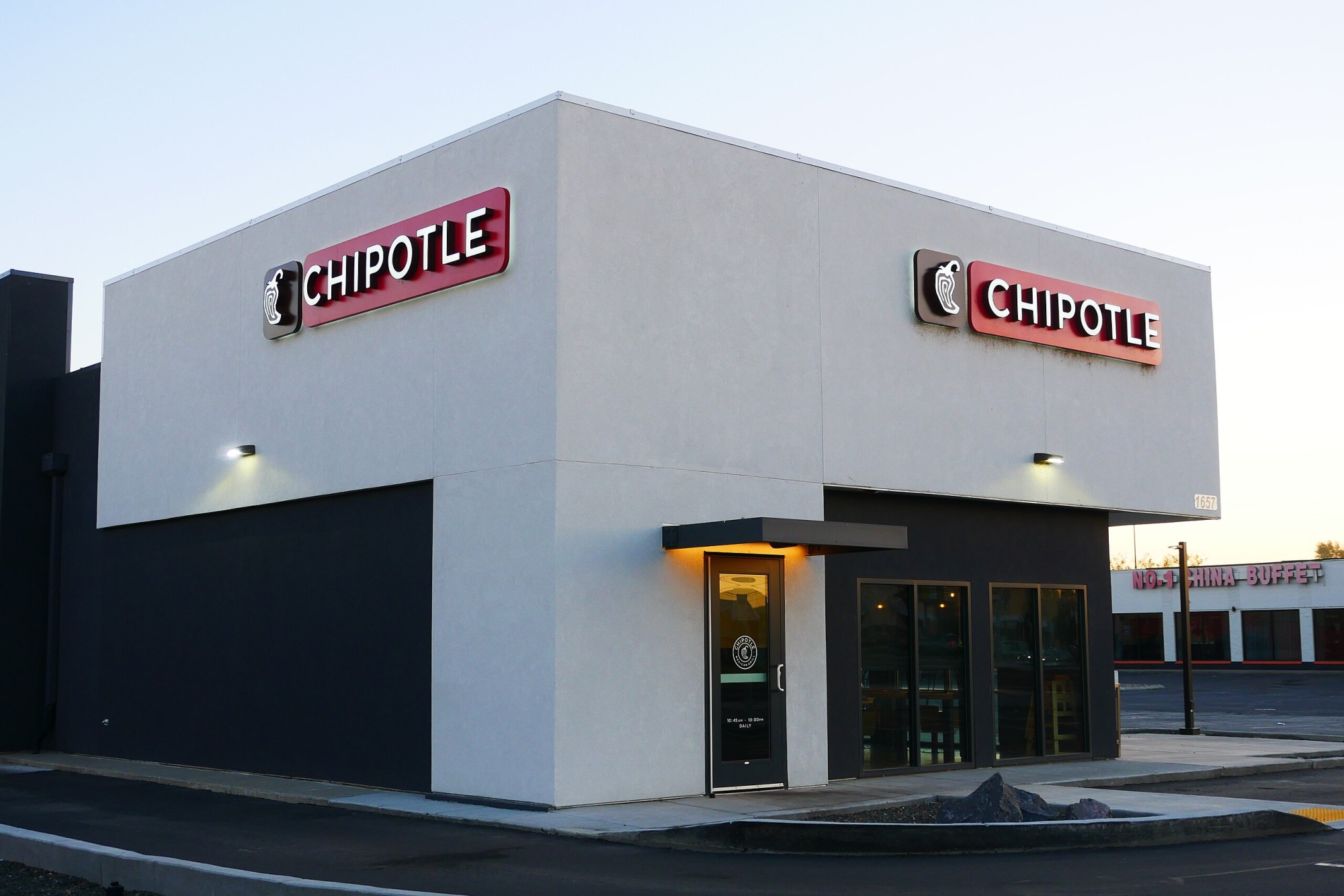
6. Chipotle
Chipotle sources its beef from a mix of countries, including the U.S., Canada (subject to a 25% tariff), Australia (10%), and Uruguay (10%). According to the company: “In 2022, none of the beef we sourced was conventionally raised, and 100% met our animal welfare standards. All of our beef comes from animals raised without added hormones or antibiotics.” Rick Obst / Wikimedia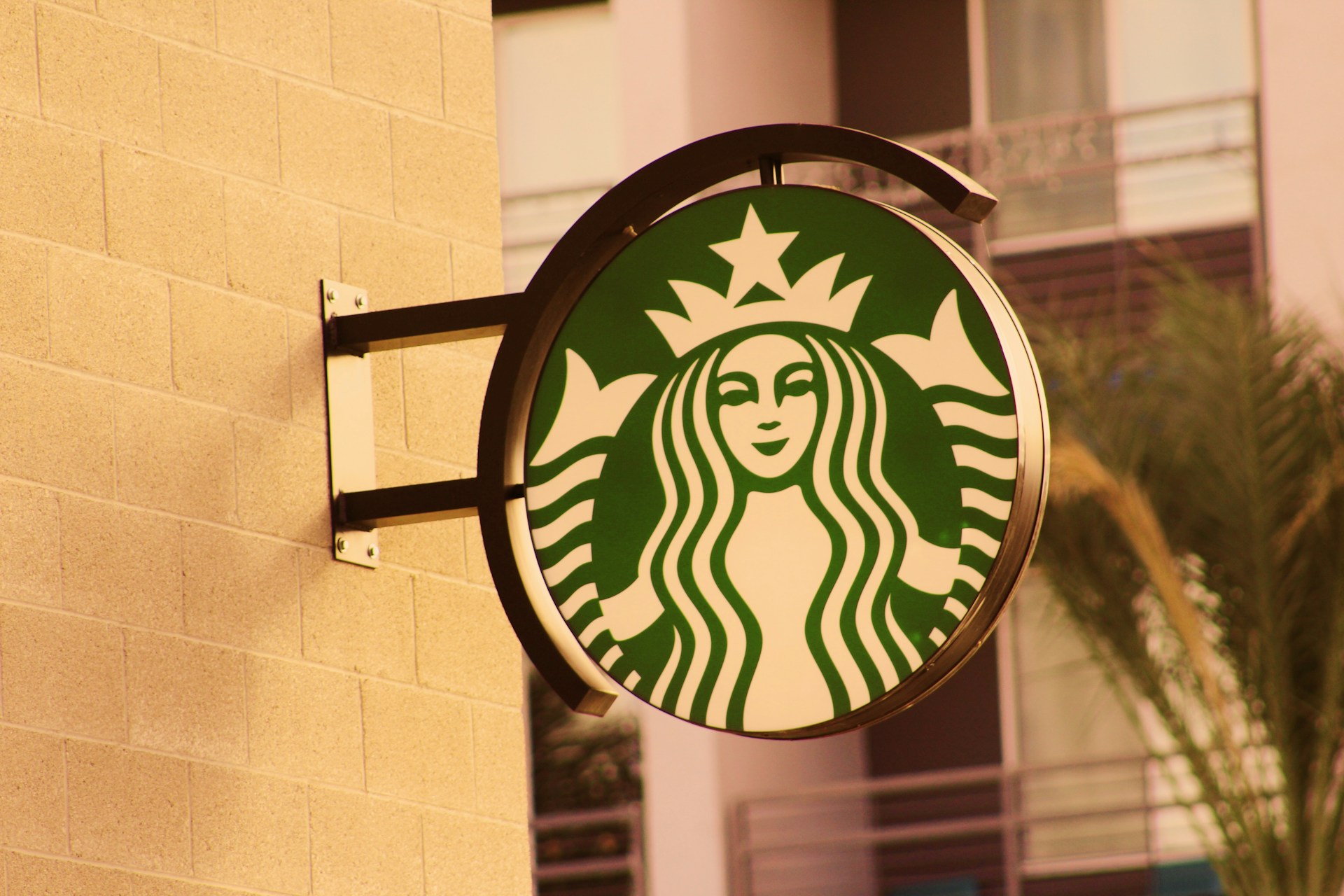
7. Starbucks
Starbucks sources a significant portion of its coffee beans from Brazil and Colombia, both now subject to a 10% tariff. These increased import costs could impact the company's expenses. Starbucks has stated that it does not plan to raise consumer prices this year despite the added costs. Athar Khan / Unsplash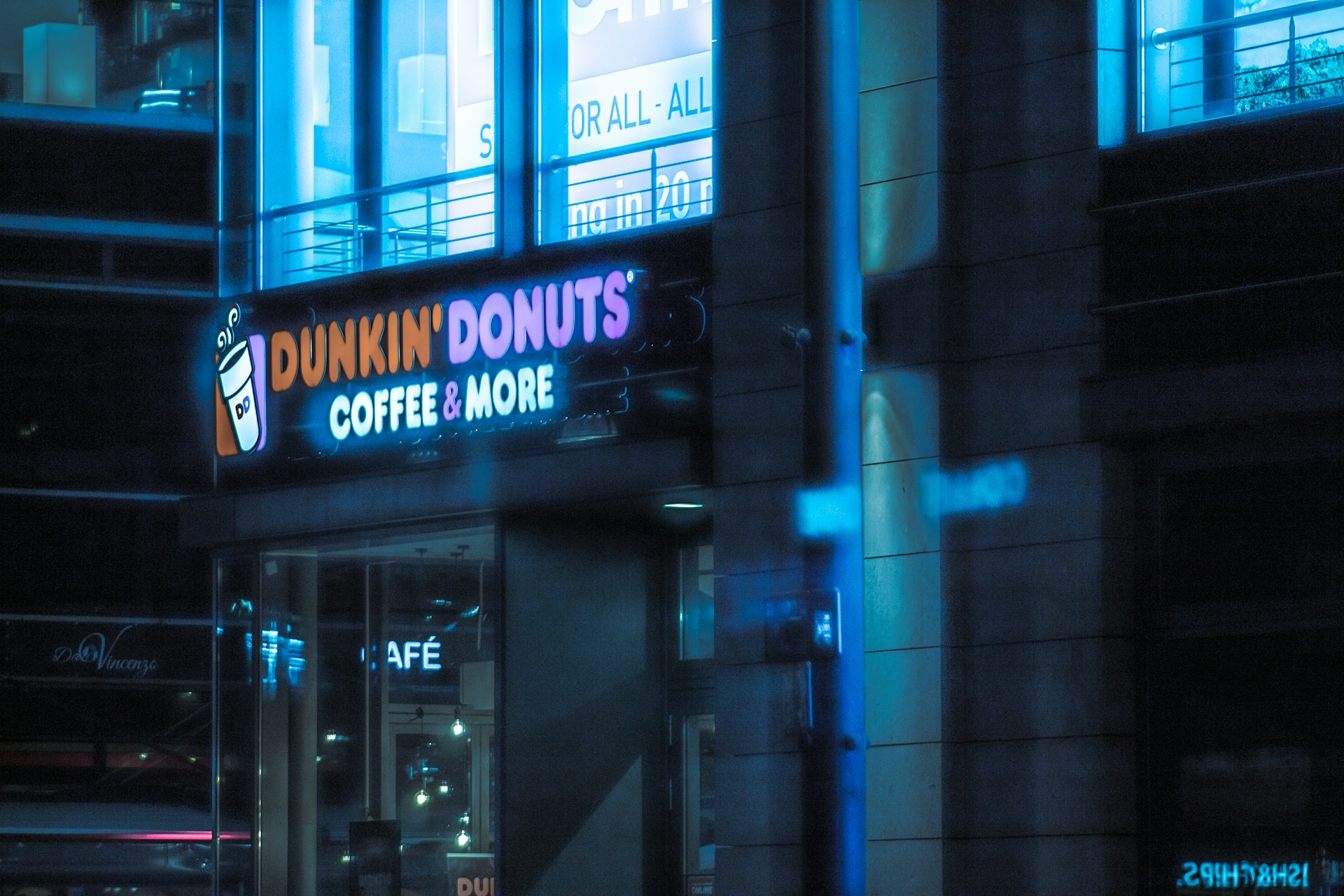
8. Dunkin’ Donuts
Brazil, a major supplier of coffee beans for Dunkin’, is now under a 10% tariff. This could spell higher prices for your daily caffeine fix. Dunkin’ highlights its commitment to ethical sourcing: “In addition to being committed to quality, we are also committed to sourcing coffee responsibly and incorporating certified products in our coffee portfolio. For example, our espresso beverages sold in the U.S. and internationally have used 100% certified coffee beans since 2004.” Samuele Macauda / Unsplash
9. Carl's Jr.
Carl’s Jr. has historically sourced some of its beef from Australia, including its 2014 “All-Natural Burger” made with grass-fed, hormone- and antibiotic-free Australian beef. As of April 3, 2025, a new 10% U.S. tariff on Australian beef imports could drive up costs, potentially affecting the chain’s pricing strategy. TaurusEmerald / Wikimedia